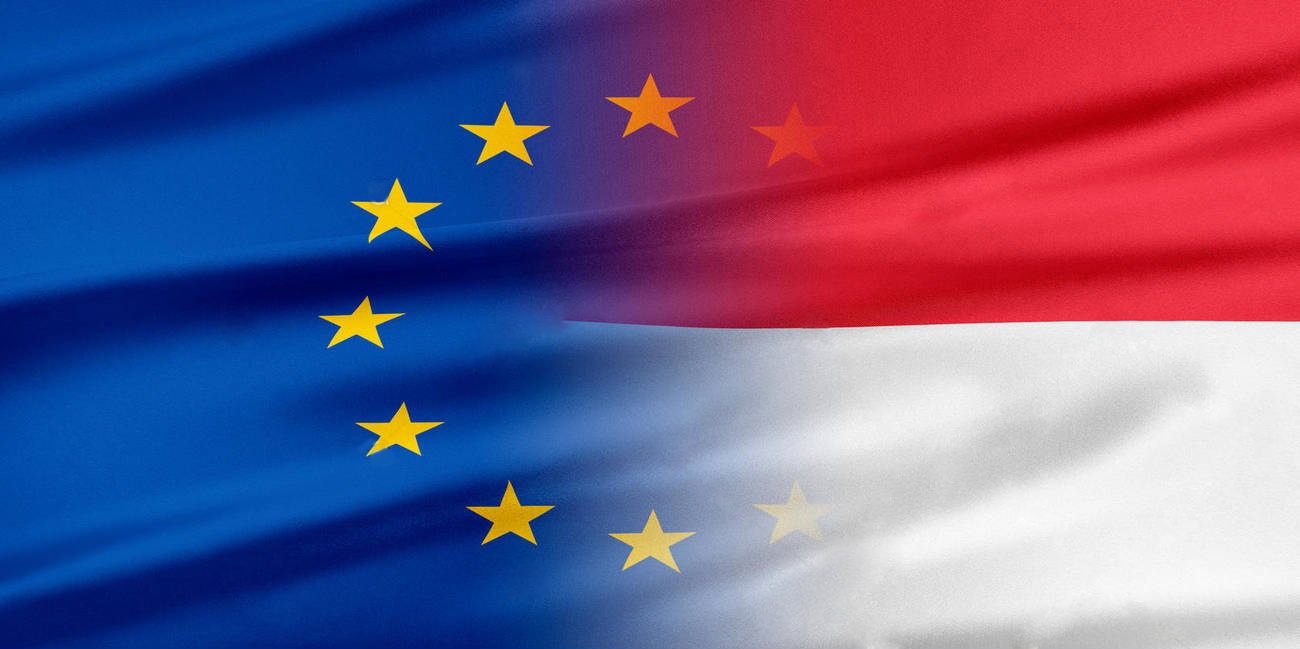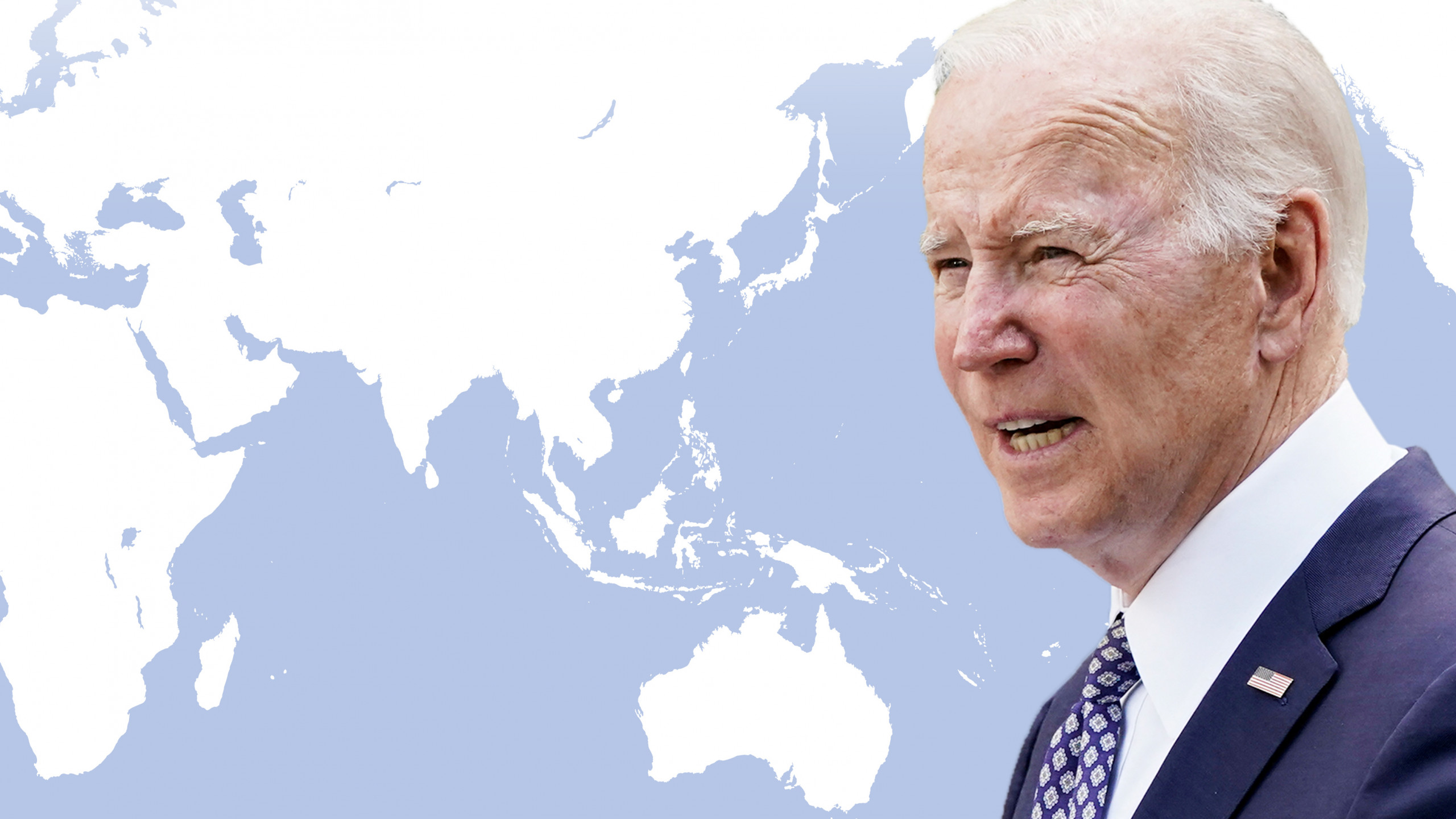By Pierfrancesco Mattiolo
For the EU, deepening its relations with Jakarta is an opportunity - perhaps even a necessity. High Representative Borrell's visit early this June is a sign of this.
‘As the EU, we are well aware that the global centre of gravity is shifting towards the Indo-Pacific region’. With these words, published in an article of his for the Jakarta Post, Josep Borrell made it clear how closely Brussels is watching political and economic developments in the ASEAN countries. The EU High Representative for Foreign Affairs and Vice-President of the European Commission went to Jakarta in June for an official visit, where he met with high-profile figures from the Indonesian government - President Widodo, the Ministers of Foreign Affairs and Defence, some members of the Parliament - and ASEAN - including Secretary-General Lim Jock Hoi.
There are many reasons behind the EU's renewed focus on ASEAN. While Brussels has made a qualitative leap in its relations with two member countries, Vietnam and Singapore, thanks to the recent free trade agreements, it is at odds with other governments. For example, on a political level, the EU responded to the coup in Myanmar with a series of sanctions against Tatmadaw-linked officials and, last year, to repeated human rights abuses in Cambodia by revoking the favourable Everything But Arms (EBA) trade regime. On the trade front, Brussels has been sued twice before the World Trade Organization (WTO) over its measures on palm oil and biofuels produced from it, by Kuala Lumpur and Jakarta, respectively. Despite the ongoing legal dispute, the future of trade relations between the EU and Indonesia looks promising and deepening the cooperation, on a political and strategic level too, with the most populous state of ASEAN is in the best interests of Brussels. Borrell was clear on this point: ‘the potential of our relationship is untapped. We can do much more’.
On the trade side, negotiations on the EU-Indonesia Free Trade Agreement are at an advanced stage and both sides seem keen to speed things up. One of the major issues, palm oil, could be moved to a separate negotiating table for a compromise to close more easily the the TSD (Trade and Sustainable Development) Chapter of the Agreement. Borrell himself gave this approach a nod during his visit to Jakarta. Discussions on the other chapters are progressing positively, although on some issues it is more difficult to find a common ground - for example, on technical barriers to trade (TBT), government procurement, and protection of intellectual property rights. The Agreement will also cover investments, a topic that is quite important for the Indonesian government. Indeed, the investment chapter of the Omnibus Law, Jakarta's ambitious economic reform plan, was implemented a few months ago, opening the country to foreign investment in many sectors - including telecommunications, transport, energy, and construction services providing various incentives to attract it. This opening could be further strengthened by the Free Trade Agreement and bring new opportunities to European companies. For the time being, the Indonesian market is particularly favourable to competitors from countries that have signed the RCEP (Regional Comprehensive Economic Partnership, the trade agreement between ASEAN countries, China, Japan, South Korea, Australia and New Zealand). In particular, Indonesia needs foreign investment in its infrastructure, the inadequacy of which is an obstacle to the country's economic growth, and China has eagerly stepped in.
The appeal of Chinese investments and the support received in the management of the COVID-19 crisis are prompting the Indonesian government to warm up its relations with Beijing, which have been particularly tense in the past years due to disputes over fishing grounds in the South China Sea. China's growing influence in the region is undoubtedly one of the reasons that encouraged the EU and some of its member states - France, Germany and the Netherlands - to draw up a new and bolder "Indo-Pacific strategy" that involves Jakarta. While dialogue with Myanmar and Cambodia, for instance, is difficult due to deep political differences - and China has taken advantage of the situation to increase its influence over the two regimes-, the EU has no problem acknowledging Indonesia as ‘one of the world’s largest democracies and economies’ and a ‘like-minded country', as if to underline its intention to cooperate on a political level too. Jakarta has sent out encouraging signs in this sense: after the talks with Borrell at the beginning of June, the Minister of Foreign Affairs Marsudi reiterated her government's commitment to obtaining the appointment of an ASEAN envoy for Myanmar, the cessation of violence and the release of political prisoners by Burmese coup forces. Political cooperation could soon step up to a strategic level as well. The EU has expressed its intention to be present in South-East Asia with its military navies too. This is a significant policy shift for Brussels, seeking a pragmatic approach that balances economic and political cooperation with a strategic projection in the Indo-Pacific to balance China's influence. Indonesia - which, by the way, will hold the presidency of the G20 next year, immediately after Italy - is certainly an essential partner, probably a necessary one, for this new vision.






